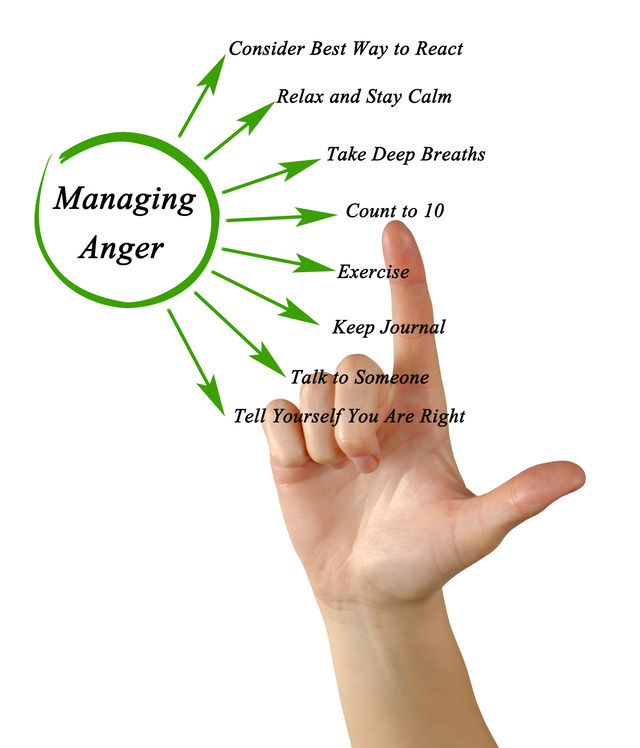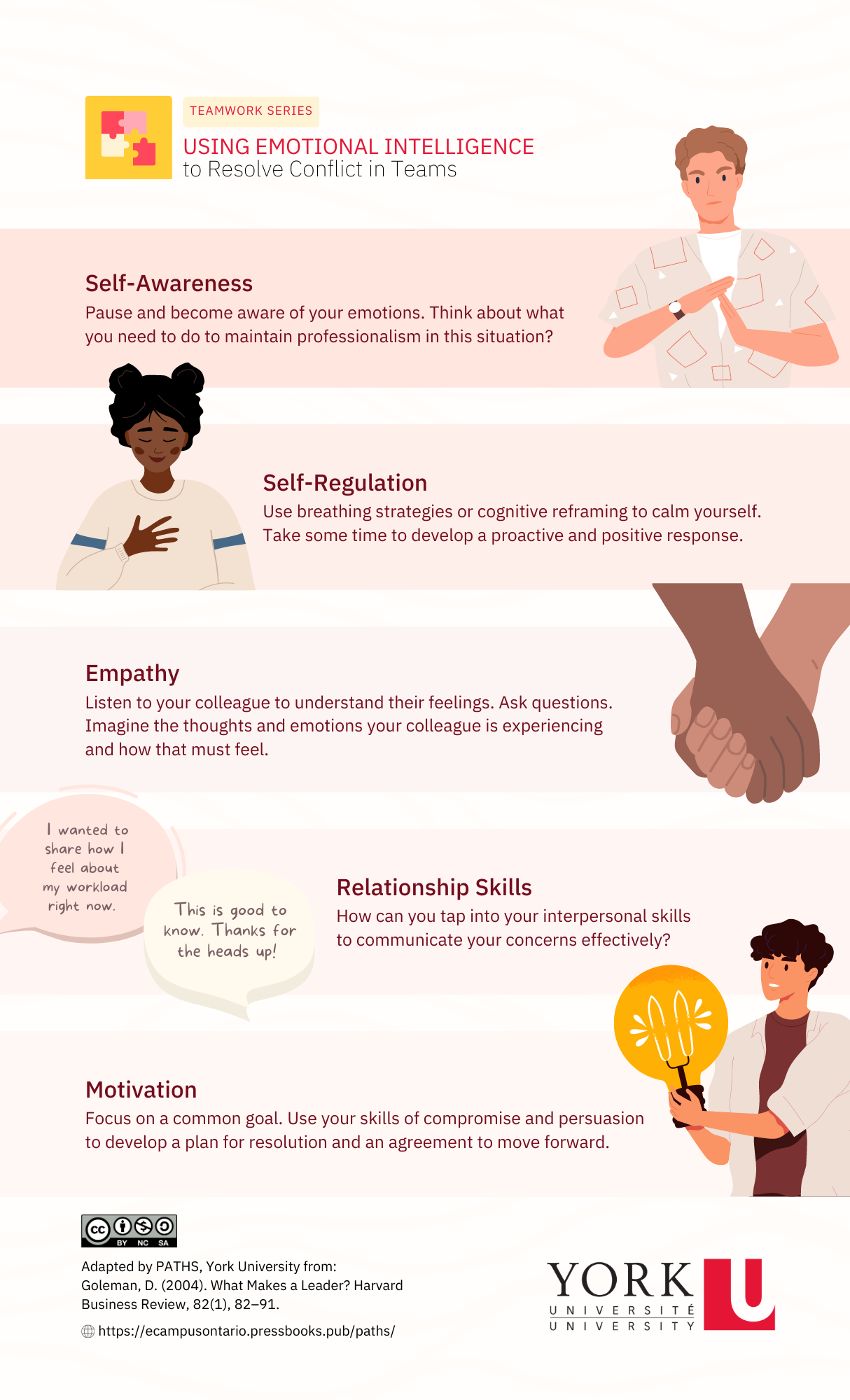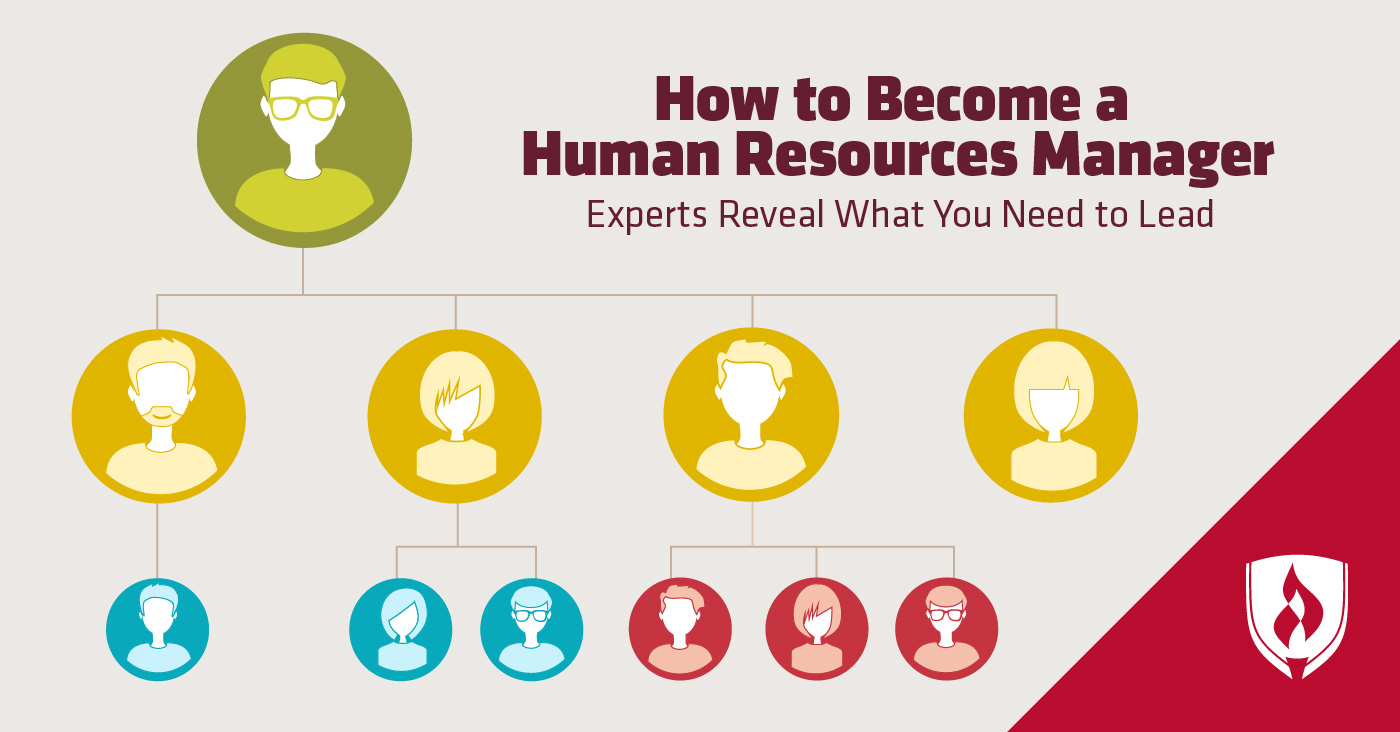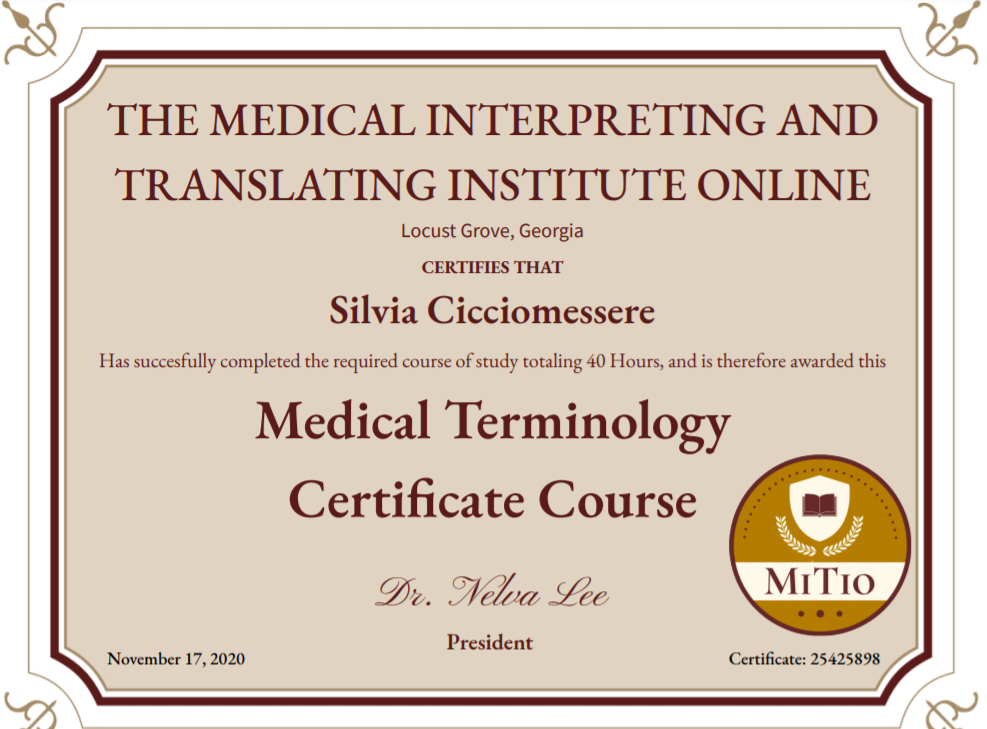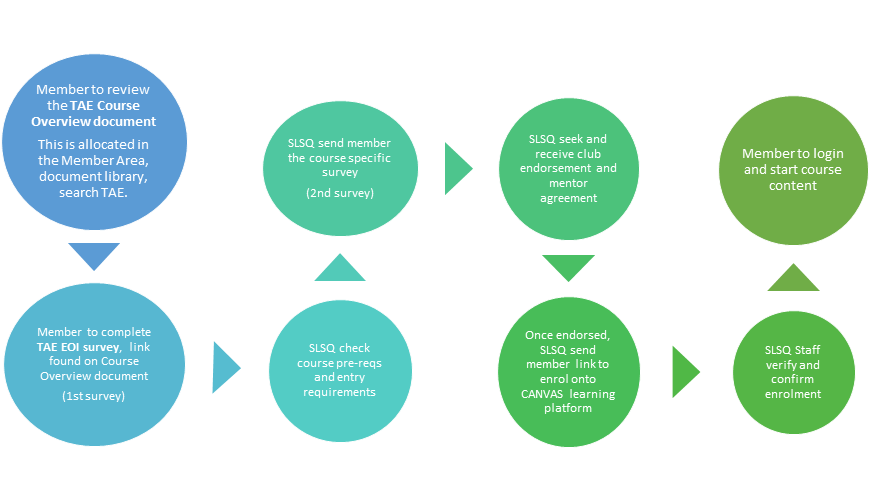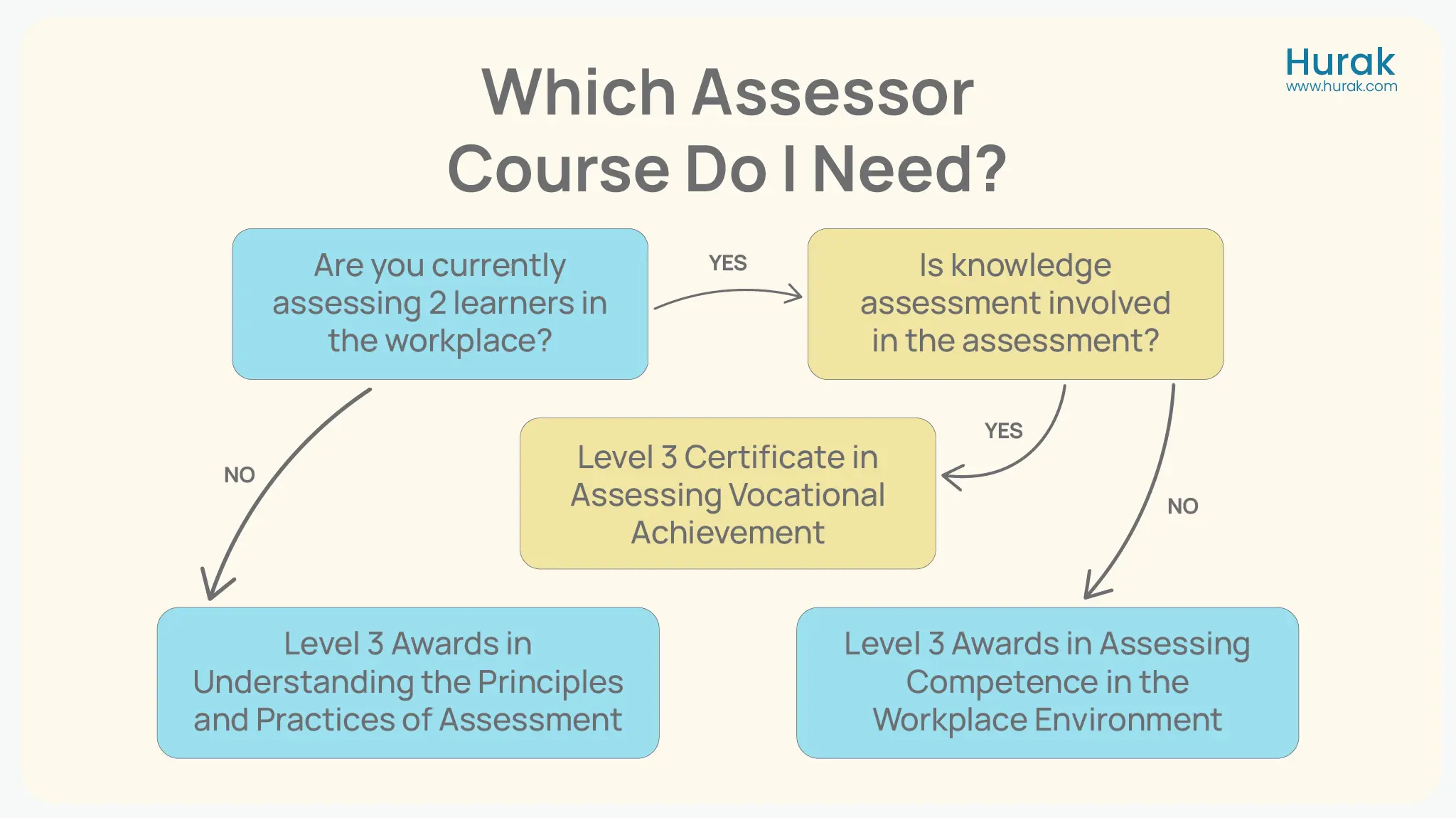How to Become a Dealing With Difficult People Expert
Do you ever find yourself in situations where dealing with difficult people feels like an impossible task? You’re not alone.
Whether it’s at work, in social settings, or even within your family, challenging personalities can test your patience and push your buttons. But what if you could transform these interactions into opportunities for growth and understanding? Imagine feeling calm and in control, no matter who you’re dealing with.
We’ll reveal practical strategies to help you master the art of handling difficult individuals, turning potential conflicts into harmonious exchanges. Stay with us, and discover how you can confidently navigate any challenging encounter that comes your way.

Understanding Difficult Personalities
Understanding difficult personalities is essential for effective communication. Many face challenges dealing with difficult people daily. Recognizing these personalities helps in managing interactions better. This understanding fosters healthier relationships and reduces stress. Let’s explore how to identify and analyze these traits.
Identifying Common Traits
Difficult people often share common traits. They might be overly critical or controlling. Some may display aggressive behavior or be unreasonably demanding. These traits can create tension in any environment. Identifying these traits helps in anticipating potential conflicts. It prepares you for effective responses.
Recognizing Different Types
Understanding different types of difficult personalities is crucial. Some people are passive-aggressive. Others might be overly dramatic or constantly complain. Each type requires a different approach. Recognizing these types helps in tailoring your responses. It ensures more effective communication.
Analyzing Behavioral Patterns
Behavioral patterns often reveal underlying issues. Frequent interruptions or dismissive attitudes indicate deeper problems. Observing these patterns helps in understanding motivations. It aids in addressing the root cause of the behavior. Analyzing these patterns leads to better conflict resolution.
Effective Communication Strategies
Dealing with difficult people can be a challenge, but mastering effective communication strategies can turn confrontations into constructive conversations. Imagine being able to transform a tense situation into a productive dialogue. It’s possible, and it starts with understanding key techniques that promote clarity and mutual respect.
Active Listening Techniques
Active listening is more than just hearing words; it’s about understanding the message behind them. Engage fully by nodding, making eye contact, and summarizing what you’ve heard. These actions show the other person that you’re invested in the conversation.
Think about a time when someone truly listened to you. How did it make you feel? Use that memory to fuel your commitment to listen attentively. Ask questions that clarify and invite deeper explanation. This not only aids understanding but also shows you value their perspective.
Assertive Communication
Being assertive means expressing your thoughts confidently while respecting others. Avoid aggressive tones; instead, use “I” statements to express how you feel. This helps to communicate your needs without blaming or criticizing.
Imagine expressing a disagreement by saying, “I feel concerned about…” rather than “You always…” Notice how it opens up space for discussion rather than defensiveness. Practice makes perfect, so start incorporating assertive language in everyday situations.
Non-verbal Cues
Your body language speaks volumes even when you’re silent. Maintain open posture, like uncrossed arms and relaxed shoulders, to convey openness. A genuine smile can ease tension and foster trust.
Reflect on a time when a simple gesture changed the direction of a conversation. Your non-verbal cues can be powerful allies in communication. Pay attention to the signals you’re sending, and adjust them to align with your message.
Effective communication is a journey, not a destination. Which technique will you start practicing today to improve interactions with difficult people? The choice is yours, and the impact can be profound.
Emotional Intelligence Development
Emotional intelligence is key to dealing with difficult people. It involves understanding and managing your emotions and recognizing others’ feelings. Developing emotional intelligence can improve communication and relationships. Let’s explore how to enhance this skill.
Managing Personal Emotions
First, identify your emotions. When faced with challenges, pause and reflect. What are you feeling? Recognize anger or frustration. Accept these emotions as normal. Practice self-awareness to understand your triggers. Use breathing exercises to calm yourself. A deep breath can reduce tension. Journaling helps track emotions over time. Write daily to see patterns. This builds emotional control.
Empathy And Perspective-taking
Empathy is crucial. Put yourself in others’ shoes. Ask yourself, “How would I feel?” This helps understand their viewpoint. Listen actively to what they say. Pay attention to words and tone. Show you care by nodding or asking questions. Avoid judgment. Accept their feelings as valid. Practice perspective-taking by imagining their situation. It broadens your understanding.
Building Emotional Resilience
Develop resilience to handle tough situations. Face challenges without being overwhelmed. Start by setting realistic goals. Break tasks into small steps. Celebrate small victories. Maintain a positive outlook. Focus on solutions, not problems. Build a support network. Surround yourself with positive people. Share your experiences with trusted friends. Their insights can be valuable.

Conflict Resolution Skills
Conflict resolution skills are essential when dealing with difficult people. These skills help you navigate tense situations with ease and grace. Whether you’re at work, home, or in social settings, knowing how to handle conflicts can transform your interactions.
Negotiation Tactics
Effective negotiation requires a clear understanding of your goals. Be prepared to articulate your needs and listen to the other person’s perspective. Create a win-win situation by finding common ground.
Imagine you’re negotiating with a colleague about project responsibilities. You might start by outlining your strengths and asking them about theirs. This approach fosters collaboration, making both parties feel heard.
Are you willing to compromise on certain aspects to achieve a better outcome? Flexibility is key in negotiations, as it shows your willingness to adapt and find solutions.
Problem-solving Approaches
Addressing problems head-on can often diffuse tension. Break down the issue into manageable parts and tackle them one at a time. Clear communication and logical thinking are your allies here.
Consider a situation where you’re stuck in a disagreement with a friend. You might list out the specific issues you’re facing and brainstorm solutions together. This method not only resolves the problem but strengthens your relationship.
How can you ensure you’re considering all possible solutions? Encourage input from everyone involved to gather diverse perspectives and insights.
Mediating Disputes
Mediation involves acting as a neutral party to help others resolve their issues. It requires patience and the ability to remain unbiased. Your goal is to facilitate understanding between conflicting parties.
Think back to a family argument where you stepped in to mediate. By listening to each side without judgment, you helped them see each other’s viewpoints. This often leads to mutual respect and resolution.
Are you ready to step into the mediator role when needed? Being approachable and empathetic can make you the go-to person for resolving disputes.
Conflict resolution is more than just settling disagreements. It’s about building connections and fostering healthy interactions. Start honing your skills today and watch your relationships transform for the better.
Setting Boundaries
Setting boundaries is crucial when dealing with difficult people. It helps protect your peace and ensures relationships remain respectful. Without clear boundaries, interactions can become draining. By understanding and establishing limits, you maintain control over your emotional well-being.
Defining Personal Limits
Identify what behaviors make you uncomfortable. Consider what actions cross your personal lines. Reflect on past experiences to know your tolerance levels. Understanding these limits helps in setting effective boundaries. Recognize what makes you feel safe and respected.
Communicating Boundaries Clearly
Express your limits in simple, straightforward language. Use “I” statements to avoid sounding accusatory. For example, “I feel stressed when conversations get heated.” Clarity prevents misunderstandings and sets expectations. Be direct but polite to ensure your point is understood.
Enforcing Limits Respectfully
Firmly uphold your boundaries without aggression. If someone ignores your limits, remind them calmly. Reinforce boundaries by staying consistent in your actions. Show respect even if others challenge your limits. This encourages mutual understanding and respect.
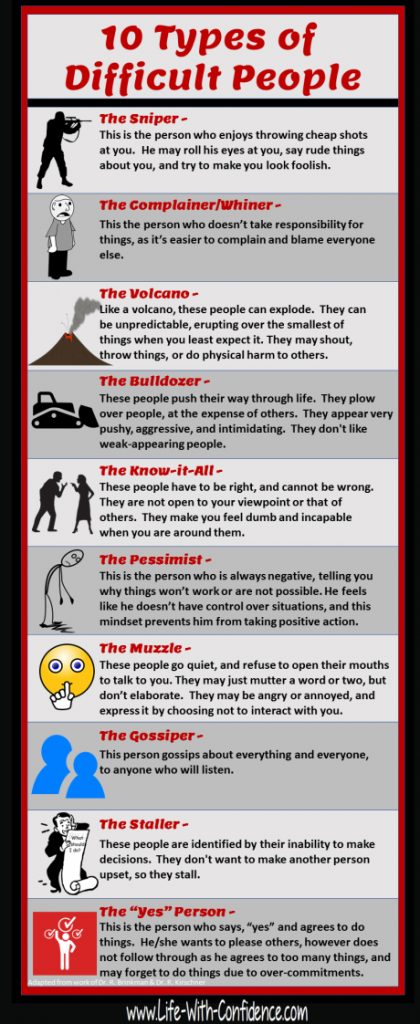
Stress Management Techniques
Stress management is crucial when dealing with difficult people. It helps maintain calm and clarity during tense interactions. Implementing stress management techniques can make challenging situations more manageable. Here, we explore three effective methods to reduce stress.
Practicing Mindfulness
Mindfulness helps focus on the present moment. It reduces stress by calming the mind. Begin with short sessions each day. Sit quietly and focus on your breath. Notice thoughts without judgment. Over time, mindfulness improves emotional control. This helps in stressful interactions.
Relaxation And Breathing Exercises
Breathing exercises lower stress quickly. Deep breathing calms the nervous system. Inhale deeply through the nose. Hold for a few seconds. Exhale slowly through the mouth. Repeat this cycle several times. Relaxation exercises such as progressive muscle relaxation also help. Tense each muscle group, then relax it. Feel stress melt away. These techniques refresh the mind and body.
Time Management
Effective time management reduces stress. Plan tasks and prioritize them. Allocate time for breaks to recharge. Avoid overcommitting to tasks. Use tools like calendars or apps to stay organized. This prevents last-minute rushes and stress. Manage your time well to handle interactions calmly. Feel more in control and less overwhelmed.
Building Positive Relationships
Building positive relationships is essential when dealing with difficult people. The goal is to transform conflict into cooperation. It requires patience, understanding, and the ability to listen actively. Improving interactions can lead to better teamwork and a more harmonious environment.
Fostering Mutual Respect
Mutual respect is the cornerstone of any positive relationship. Listen to understand, not just to respond. Show appreciation for different perspectives and experiences. Valuing others encourages them to reciprocate, creating a respectful atmosphere. Use kind words and considerate actions. This builds trust over time.
Encouraging Collaboration
Collaborative environments bring out the best in people. Encourage open dialogue and invite diverse opinions. Teamwork should be about sharing ideas, not competing. Set clear goals that everyone agrees on. Celebrate achievements together. Collaboration fosters unity and strengthens bonds.
Creating A Supportive Environment
Supportive environments help people feel valued. Provide positive feedback and acknowledge efforts. Offer help when someone struggles. Encourage a culture where asking for assistance is welcome. Support nurtures growth and encourages people to contribute. It makes a difference.
Continuous Learning And Improvement
Continuous learning and improvement are vital in handling difficult people. This approach helps build patience and understanding. It also develops effective communication skills. Investing time in personal growth can transform challenging interactions. These methods can guide you on this journey.
Seeking Feedback
Getting feedback from others can provide fresh perspectives. It highlights areas for improvement. Ask trusted friends or colleagues about your interactions. Their insights can reveal blind spots. Use this feedback to refine your approach.
Engaging In Self-reflection
Self-reflection is an essential part of personal growth. Take time to think about your interactions. Consider what went well and what didn’t. Recognize your emotions in difficult situations. This awareness helps you adapt and respond better next time.
Participating In Workshops And Training
Workshops and training sessions offer structured learning. They provide tools and techniques for managing tough situations. These programs often include role-playing and real-life scenarios. They help practice skills in a safe environment. Look for workshops focused on communication and conflict resolution. They can be valuable resources for personal development.
Frequently Asked Questions
How Can I Handle Difficult People Effectively?
Handling difficult people involves staying calm and composed. Listen actively and empathize with their perspective. Set clear boundaries and communicate assertively. Focus on finding a solution rather than escalating conflict. Practicing patience and understanding can lead to more constructive interactions and improved relationships.
What Strategies Work Best With Difficult Coworkers?
For difficult coworkers, prioritize open communication. Address issues directly but tactfully. Collaborate to find common goals and solutions. Maintain professionalism and seek mediation if needed. Building a rapport through team activities can improve interactions and ease tensions.
How Do I Remain Calm With Challenging Individuals?
Staying calm requires self-awareness and emotional regulation. Take deep breaths and pause before responding. Focus on the issue, not the person. Practice mindfulness and stress-relief techniques. Having a positive mindset and detaching from negative emotions can help maintain composure.
Why Is Active Listening Important With Difficult People?
Active listening shows respect and understanding, which can diffuse tension. It helps identify underlying issues and fosters empathy. By making others feel heard, you can build trust and find common ground. This approach often leads to more effective problem-solving and improved relationships.
Conclusion
Dealing with difficult people can be challenging, but it gets easier. Practice patience and empathy daily. Stay calm in tough situations. Listen more than you speak. Understanding others’ perspectives helps ease tension. Remember, everyone has their own struggles. Compassion can bridge differences.
Use clear communication to express your feelings. Set boundaries if needed. Protect your peace. Reflect on each interaction and learn from it. Growth comes from experience. With time, handling difficult people becomes less daunting. Keep improving your skills. You’ll handle conflicts better with each step.
Stay positive and patient. Your efforts will pay off.








